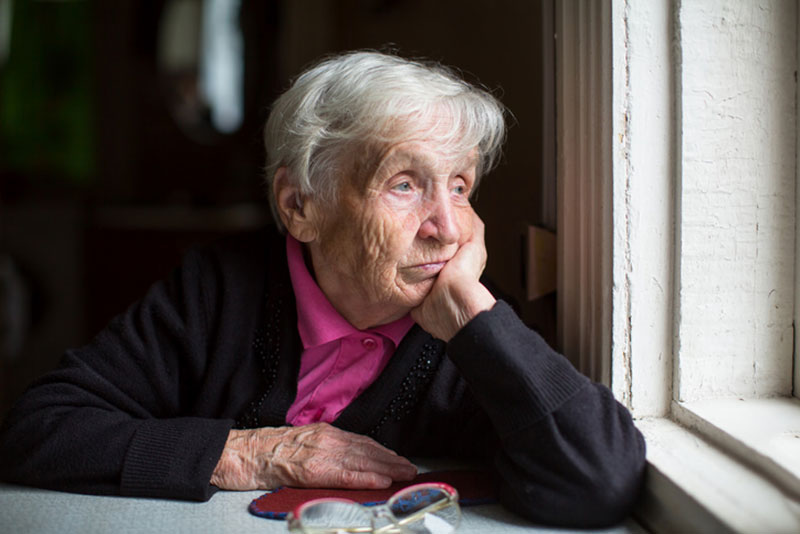
Sometimes seniors experience a lack of pleasure in once loved activities, but home care can help.
Following the eventfulness of the holidays, it’s not unusual for the winter doldrums to settle in. Yet what could appear at first glance to be a touch of boredom could actually be something bigger which should be addressed.
Anhedonia, is a lack of pleasure and loss of interest in activities that a person once enjoyed and is an indicator of depression that is often missed in seniors. Anhedonia presents through symptoms such as:
- Unfavorable feelings directed towards either themselves or other people
- The desire to self-isolate and steer clear of social activities and relationships
- A reduction in emotional abilities
It is always a good idea to talk to the physician in the event that you notice any symptoms of depression in an older loved one. Effective treatment plans can be found to help. Furthermore, there are things family caregivers can do to help as well.
What Can You Do to Assist an Older Loved One Struggling With Anhedonia?
- Modify the diet. Foods that contain serotonin can help boost a person’s mood and fight depression. Add in more mood-boosting foods such as dark chocolate, spinach, yogurt, whole-grain bread, and fruit.
- Encourage exercise. Exercise is another way to boost mood through the production of feel-good hormones. Bring the grandkids over to play, head to the fitness center for a class or to go swimming, or simply take a walk together.
- Improve sleep routines. Sleep deficiency and anhedonia can play off each other in a cycle of fatigue, lack of motivation, and anxiety. Establish and keep up with a regular sleep schedule, have a light dinner and then shut down the TV and electronics, and end the day with calming activities such as reading a book, listening to music, or working on a puzzle.
- Get together with friends more often. This one can be tough, as anhedonia affects a person’s desire to be around others. Figure out what types of social settings might feel less daunting to the person: enrolling in a class, joining a group at their place of worship, regular lunch or coffee get-togethers with a good friend or neighbor, etc.
- Highlight the positives. Reminiscing can be helpful for someone with anhedonia, enabling the individual to talk about fond memories. Look over photo albums, scrapbooks, or videos together and ask the individual to share with you funny tales from the past. It may also help to start a journal of every happy moment that happens each day, in spite of how insignificant they might seem. At the end of each week, look back through the journal together to see how many positives there actually are in our everyday lives.
It is also a smart idea to suggest professional counseling, providing the chance for the individual to consult with a therapist on a routine basis and to learn some coping tools to help. And, always try to be as supportive and empathetic as you possibly can. This can be easier said than done with an individual who seems to be struggling to break out of negativity, but it’s necessary to let an older loved one know you are there with them regardless of the mood.
How Can Home Care Help Seniors Experiencing a Lack of Pleasure in Once-Loved Activities?
An in-home care provider is a wonderful resource for an older adult struggling with anhedonia. We are able to provide:
- Companionship for exercising, engaging activities, conversations, and enhanced socialization
- Transportation to fun outings or medical appointments
- Meal planning and preparation, using healthy, serotonin-rich ingredients
- And even more
Contact At-Home Care Company, a provider of senior home care in Pleasant Hill, IA and the surrounding areas, at 515-292-2650 for more information on how home care can improve quality of life for someone you love.
